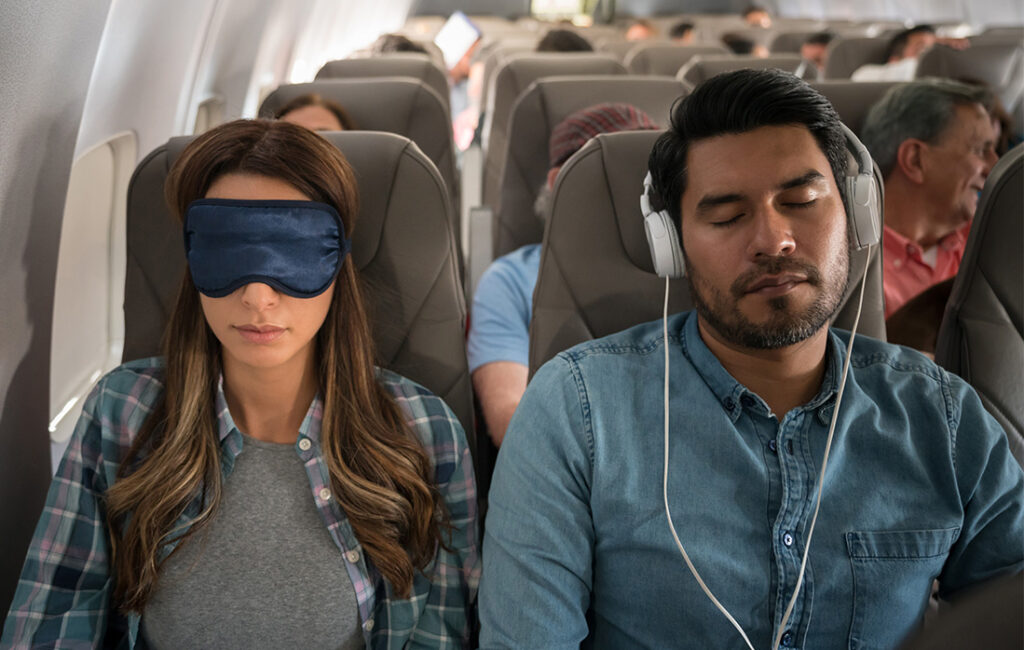
You finally make it through a crowded airport, and in for some lucky people, you might even finally be on vacation. So, it makes sense that you might want to celebrate with a cocktail on the plane. But new research sheds light on the compounded effects of oxygen level changes on flights and alcohol, a known toxin’s impact on the body. Talk about a downer.
If you need to get some quality shuteye, you may want to skip the alcohol on your next flight. Research published in Thorax explains that alcohol combined with already low oxygen levels (which can occur at high altitudes) reduces sleep quality and challenges the cardiovascular system. (1) It can even lead to an extended period of hypoxemia, or low blood oxygen levels.
The researchers simulated the effects of alcohol and airplanes by placing two groups of healthy individuals in different scenarios, including a four-hour sleep opportunity in a sleep lab, or in an altitude chamber. They consumed alcohol before one of the nights. They recorded participants’ heart rate and other metrics.
The new research adds to scientists’ knowledge of the relationship between alcohol, sleep, and additional impacts on the body. A 2022 study found that sleep actually becomes more fragmented as alcohol is metabolized in the liver, making alcohol more of a stimulant and decreasing the quality of REM sleep, for example. (2) Also, a 2024 study found that alcohol impacts the brain, increasing slow-wave sleep (SWS), or deep sleep, which can throw off the entire sleep cycle needed for restorative sleep.
So what does this mean for people planning to have a drink on their next flight? Basically, proceed with caution, and know that it might have an impact on your sleep when you actually get to your destination. Ironically, those who have had a few drinks before bed might know that it can help you fall asleep faster, but that it also interferes with sleep, and you might find yourself awake at 3 a.m.
To prevent this, stop drinking around four hours before bedtime. Also, keep in mind that the recommended alcohol intake is much lower than you might think — two drinks or fewer per day for men, and one drink or fewer for women.
If you are looking to alcohol to sleep better on a flight, such as that cheaper red eye that you thought might even be relaxing, instead look to airplane sleep essentials to make you more comfortable. Travel pillows, weighted blankets, the right earplugs, and window shades can be game changers, without the sleep and health effects of alcohol. Save the daiquiris for when you are actually beachside — and not partially oxygen-deprived in a plane.
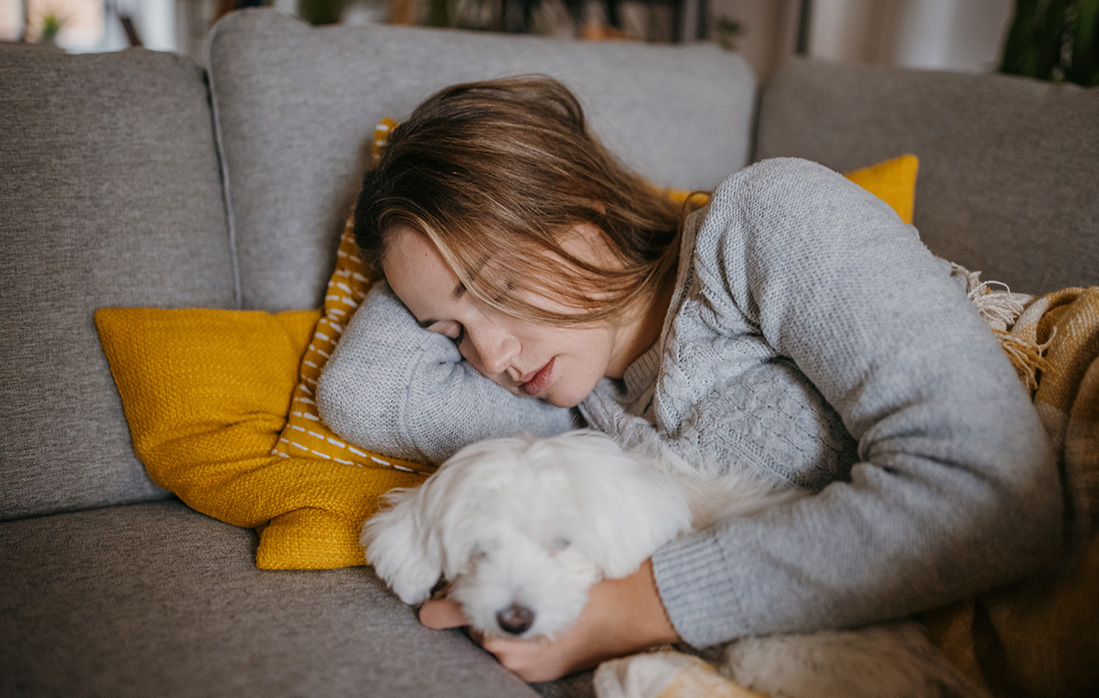
Are Naps Bad For You? Study Links High Blood Pressure, Stroke Risk to Daytime Snoozing
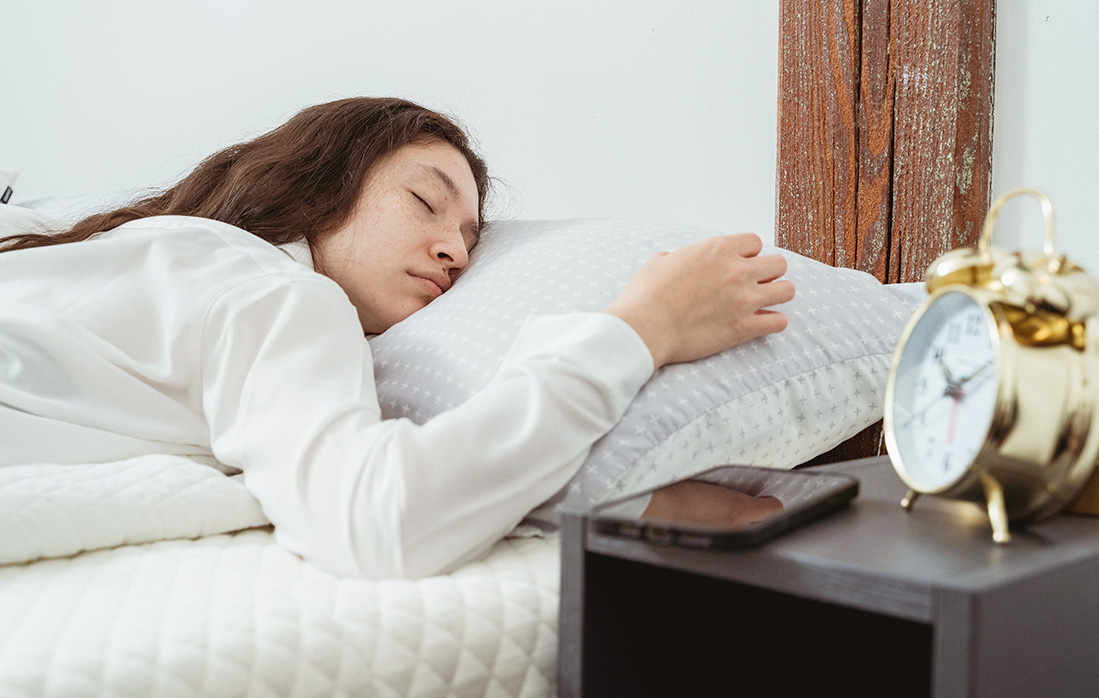
How to Sleep Better on the Night Shift
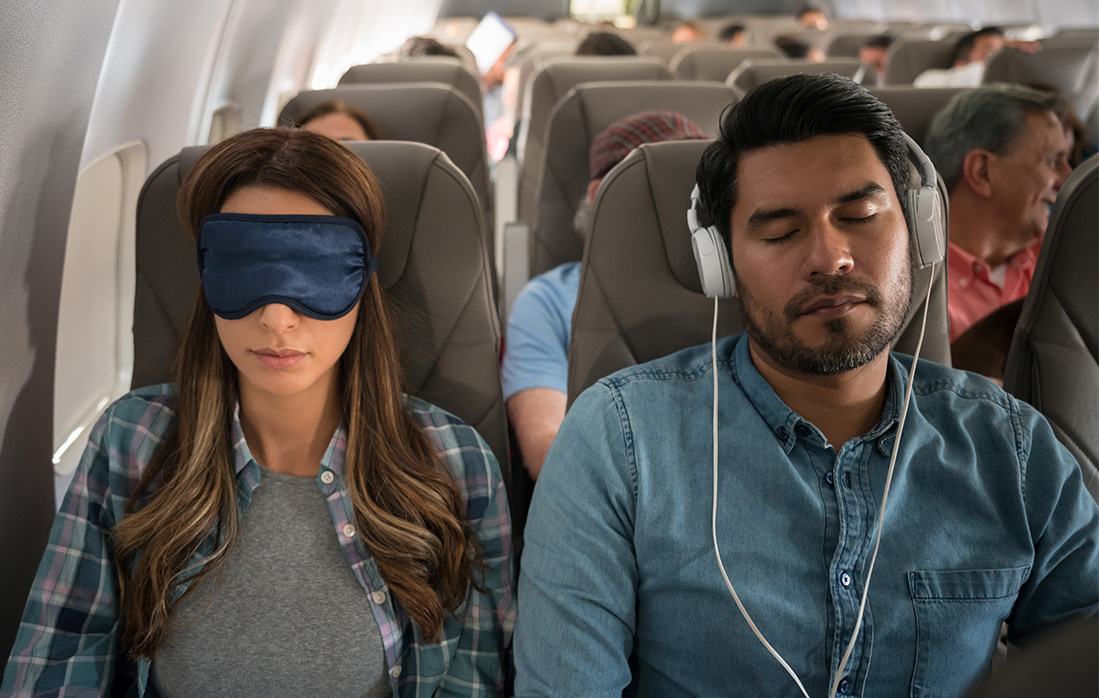
Just How Jet-Lagged Will Taylor Swift Be at the Super Bowl This Weekend?
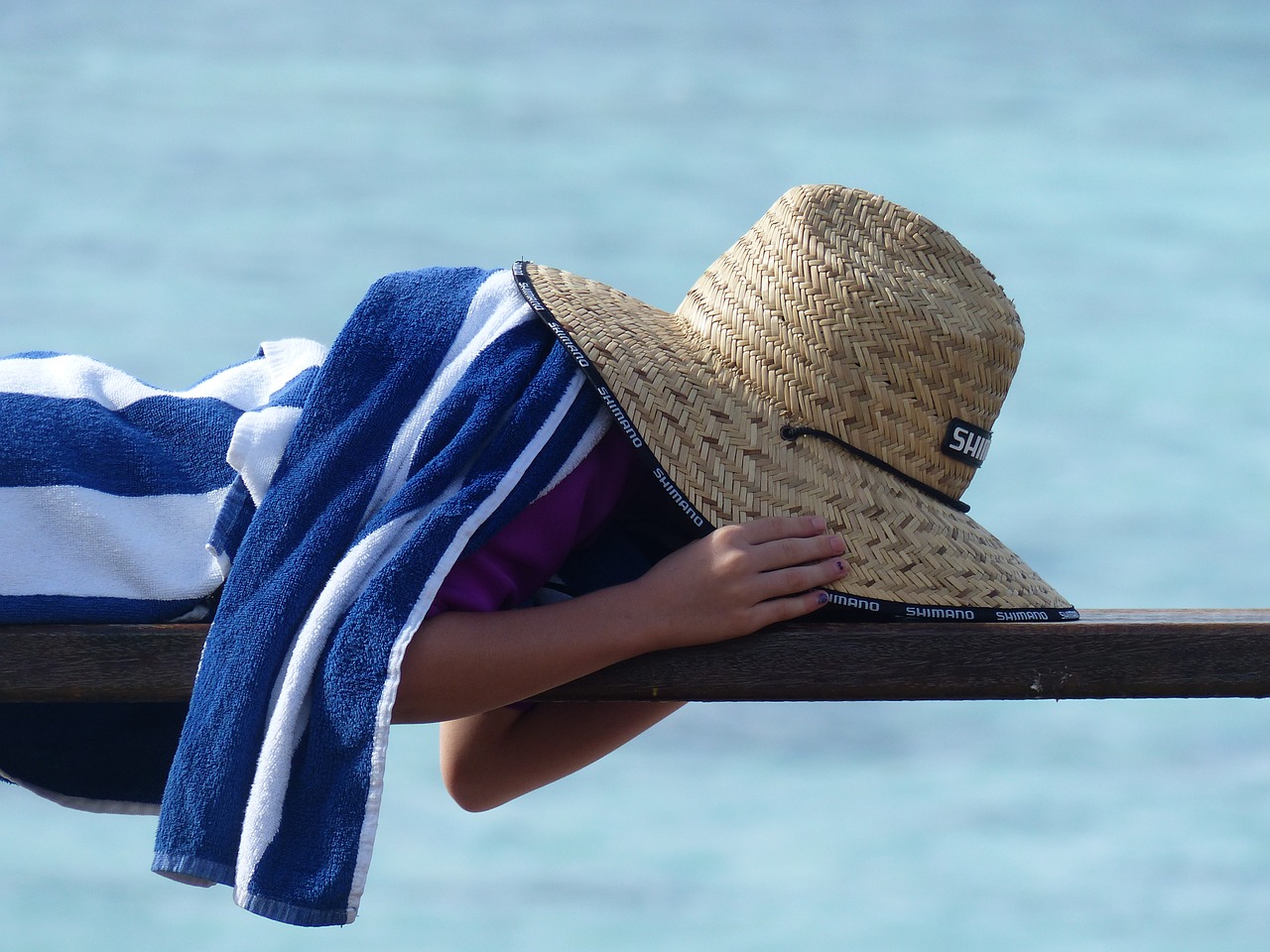
Snooze Before Booze: 5 Reasons Why You May Be Trip-Tired
Sources
1. Trammer RA, Rooney D, Benderoth S, et alEffects of moderate alcohol consumption and hypobaric hypoxia: implications for passengers’ sleep, oxygen saturation and heart rate on long-haul flightsThorax Published Online First: 03 June 2024. doi: 10.1136/thorax-2023-220998
2. Marissa R. Jones; Adam J. Brandner; Leandro F. Vendruscolo; Janaina C. M.; George F. Koob; Brooke E. Schmeichel; Front. Neurosci., 09 June 2022
Sec. Sleep and Circadian Rhythms
Volume 16 – 2022 | https://doi.org/10.3389/fnins.2022.838486